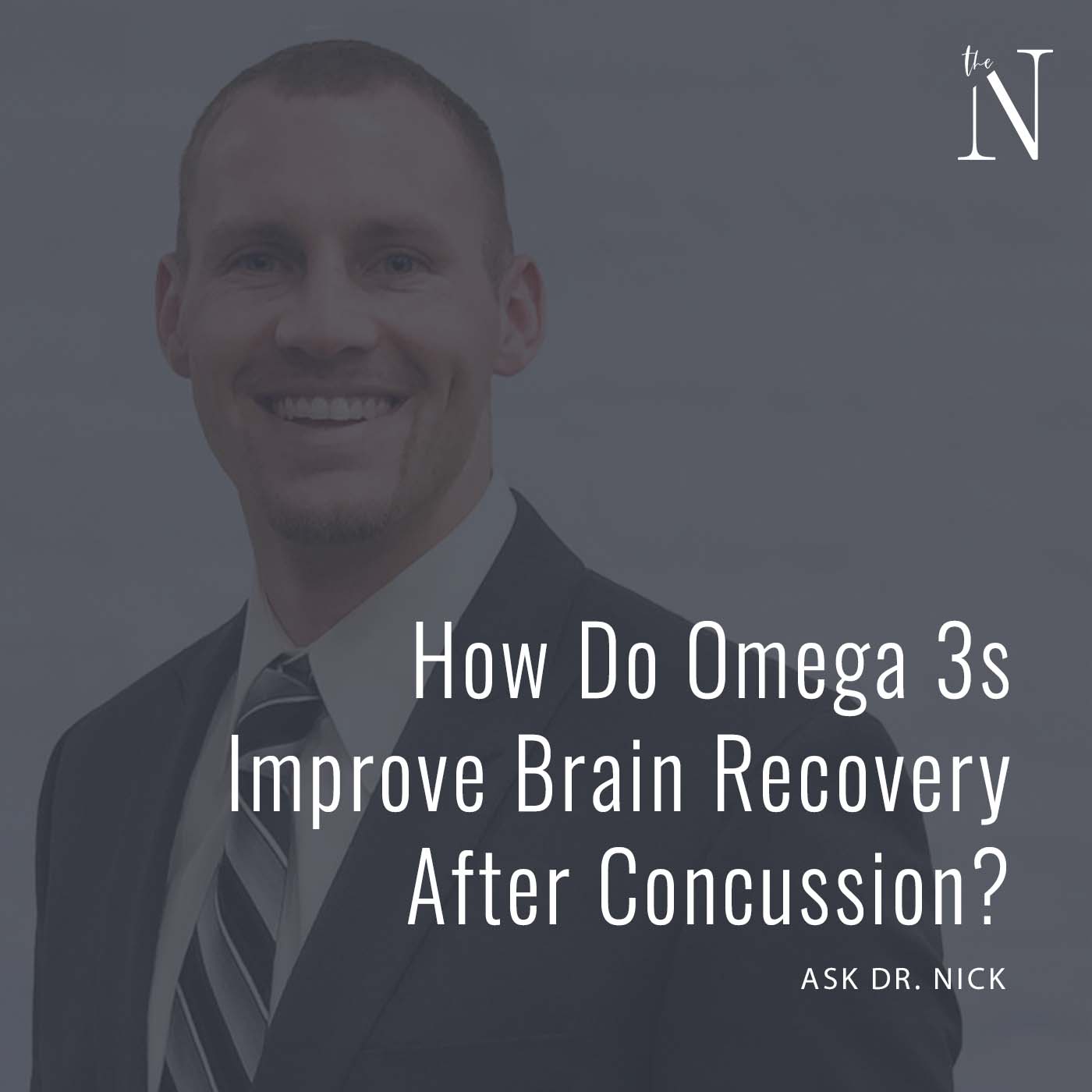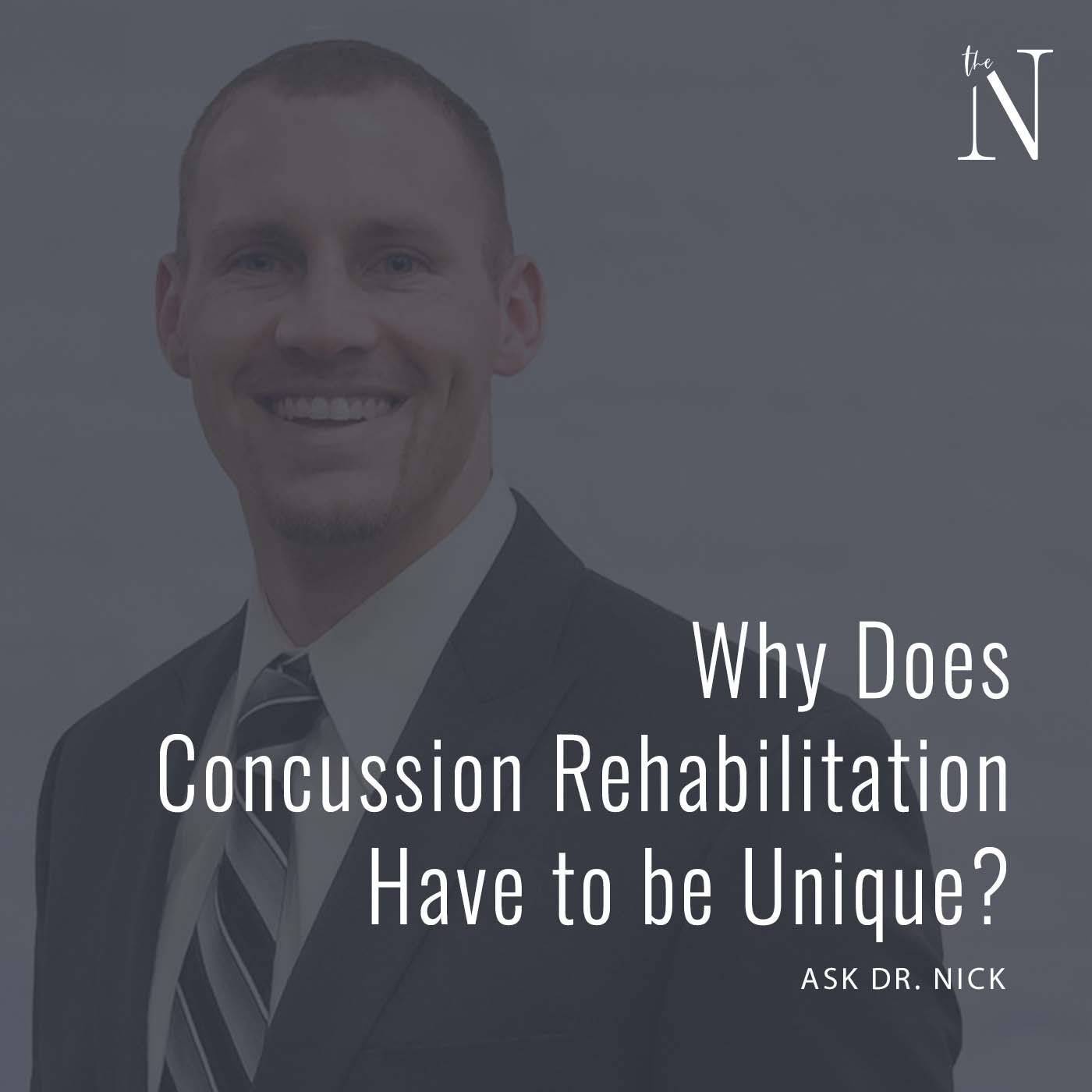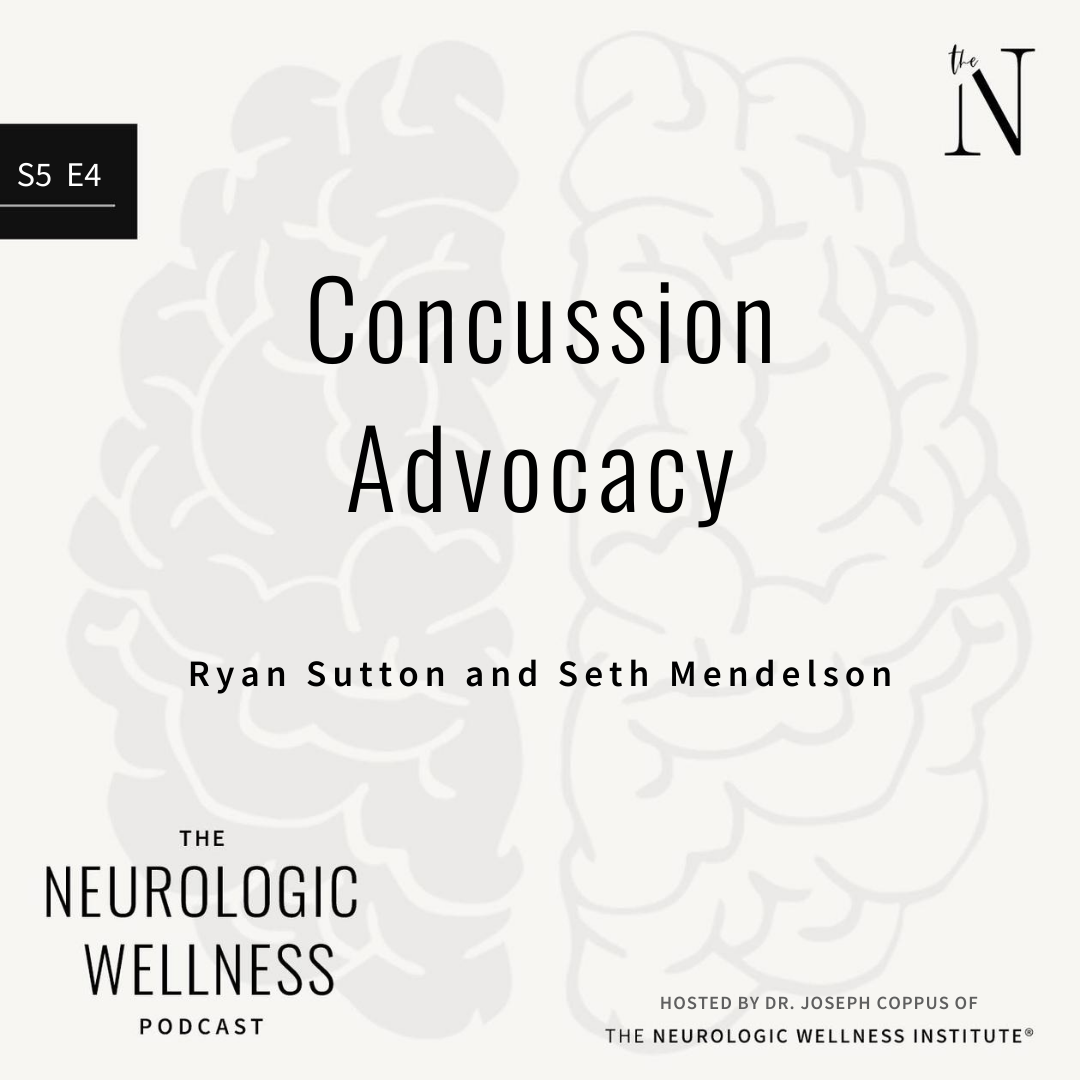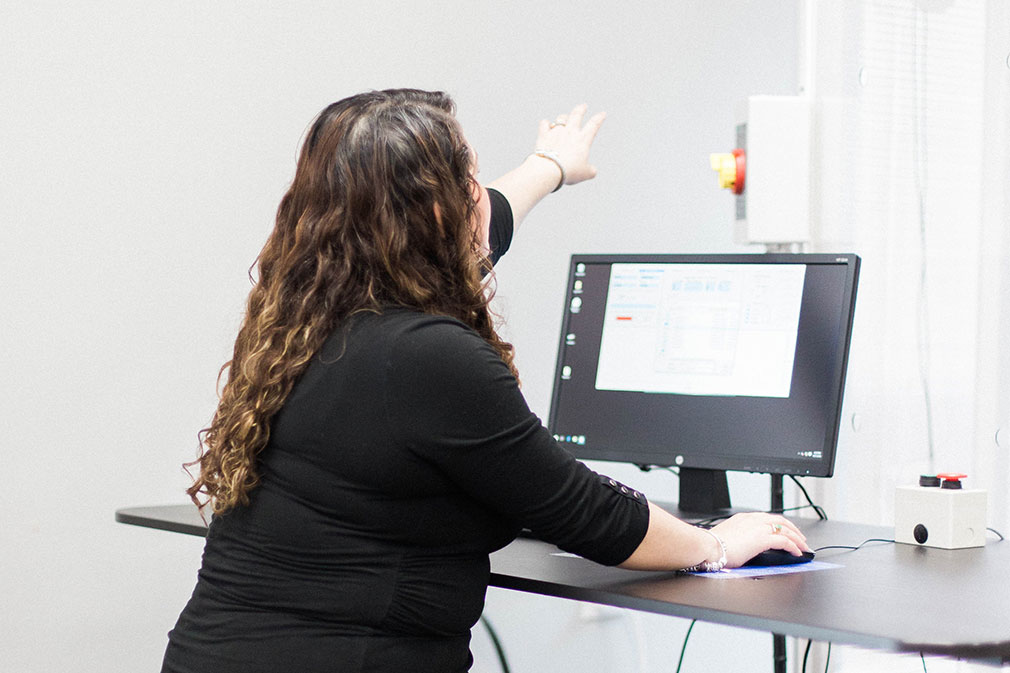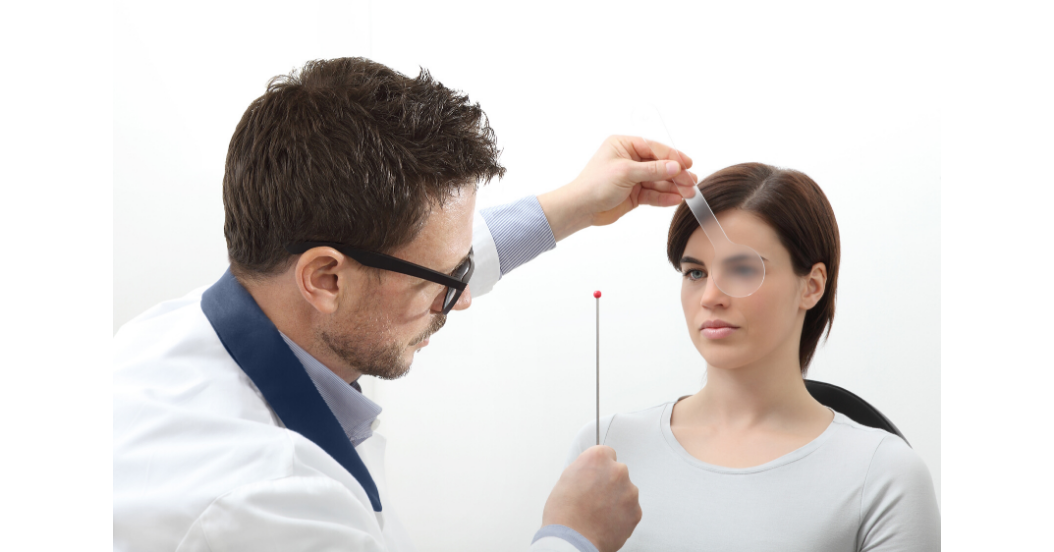
“Eye movements relate closely to the functional health of the brain after a concussion.”
Post-Concussion Syndrome
Post-concussion syndrome (PCS) can affect up to 20%-30% of patients with mild closed head injury (mCHI). Post-concussion syndrome occurs as a result of incomplete recovery and debilitating persistence of post-concussional symptoms. So how do we assess for post-concussion syndrome and how do we treat it? We begin by looking closely at eye movements. Eye movements provide a significant amount of insight into the functional health of the injured brain.
Eye Movement Dysfunction
Eye movement function is often impaired in the event of a head injury leading to problems with impulse control, short-term memory, motor-control, spatial processing, and concentration. These eye movement problems are not under conscious control making it impossible to “cheat the test”.
Patients with post-concussion syndrome more commonly show impairments during eye movement testing than during neurocognitive testing making the analysis of eye movements a very important measurement following a concussion. Poor eye movement function correlated more with post-concussive symptoms and problems of activity of daily living, while neurocognitive testing was more correlated with mood disorders.
Who to See…
It is important for those with concussions to go to an experienced and educated clinician in regards to concussions. Eye movement analysis is not elementary and a concussion specialist should be well trained on the normal function of the eyes, as well as the disorders of the eyes.
Areas of the brain that coordinate eye movements are many times injured during head injuries and do not recover normally. Those suffering from post-concussion syndrome should have their eye movements tested routinely to monitor brain health.
For more information on the treatment of post-concussion syndrome contact us at: https://neurologicwellnessinstitute.com/contact/
Reference
Heitger et al. Impaired eye movements in post-concussion syndrome indicated suboptimal brain function beyond the influence of depression, malingering or intellectual ability. Brain. 2009.

